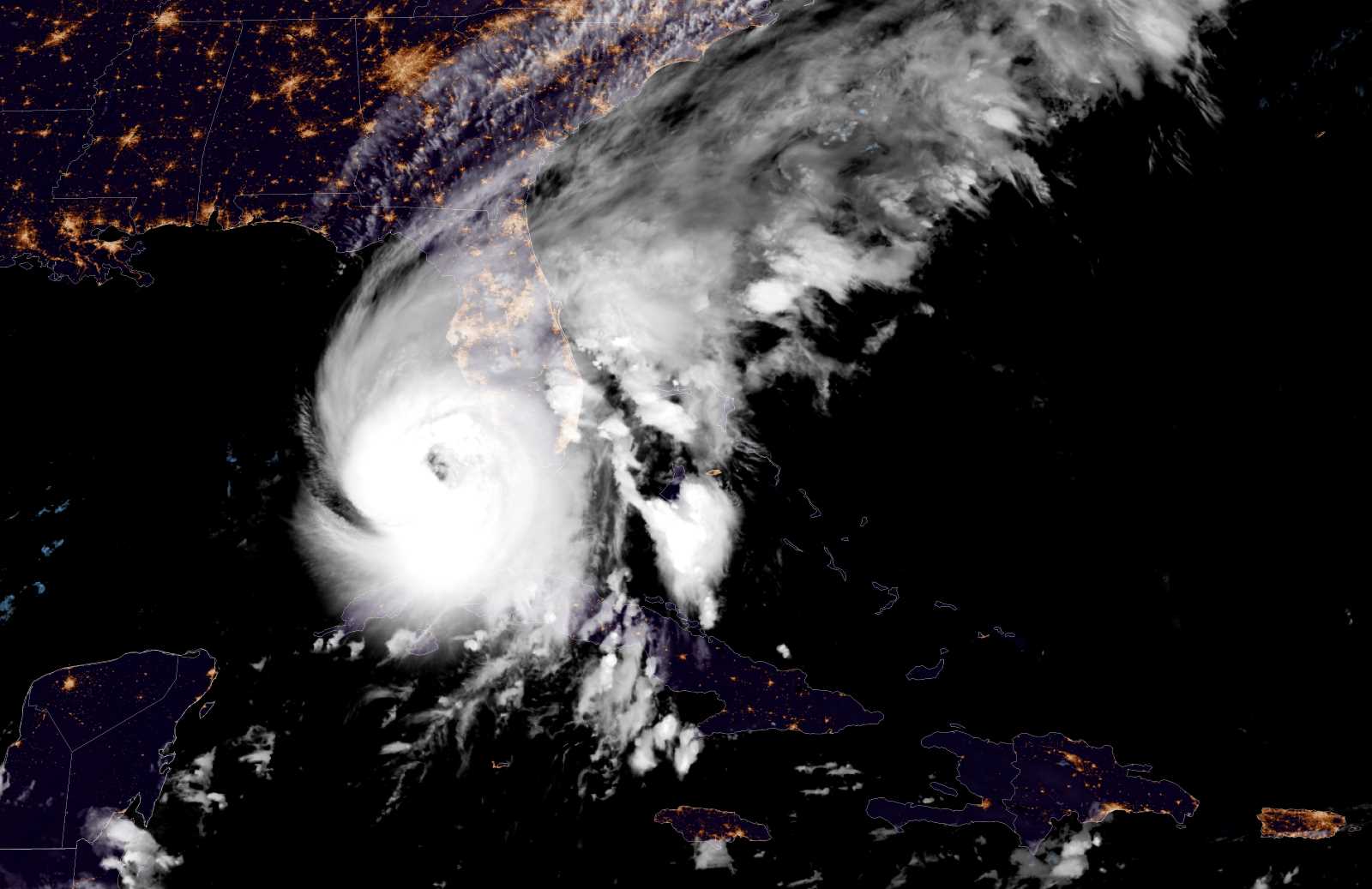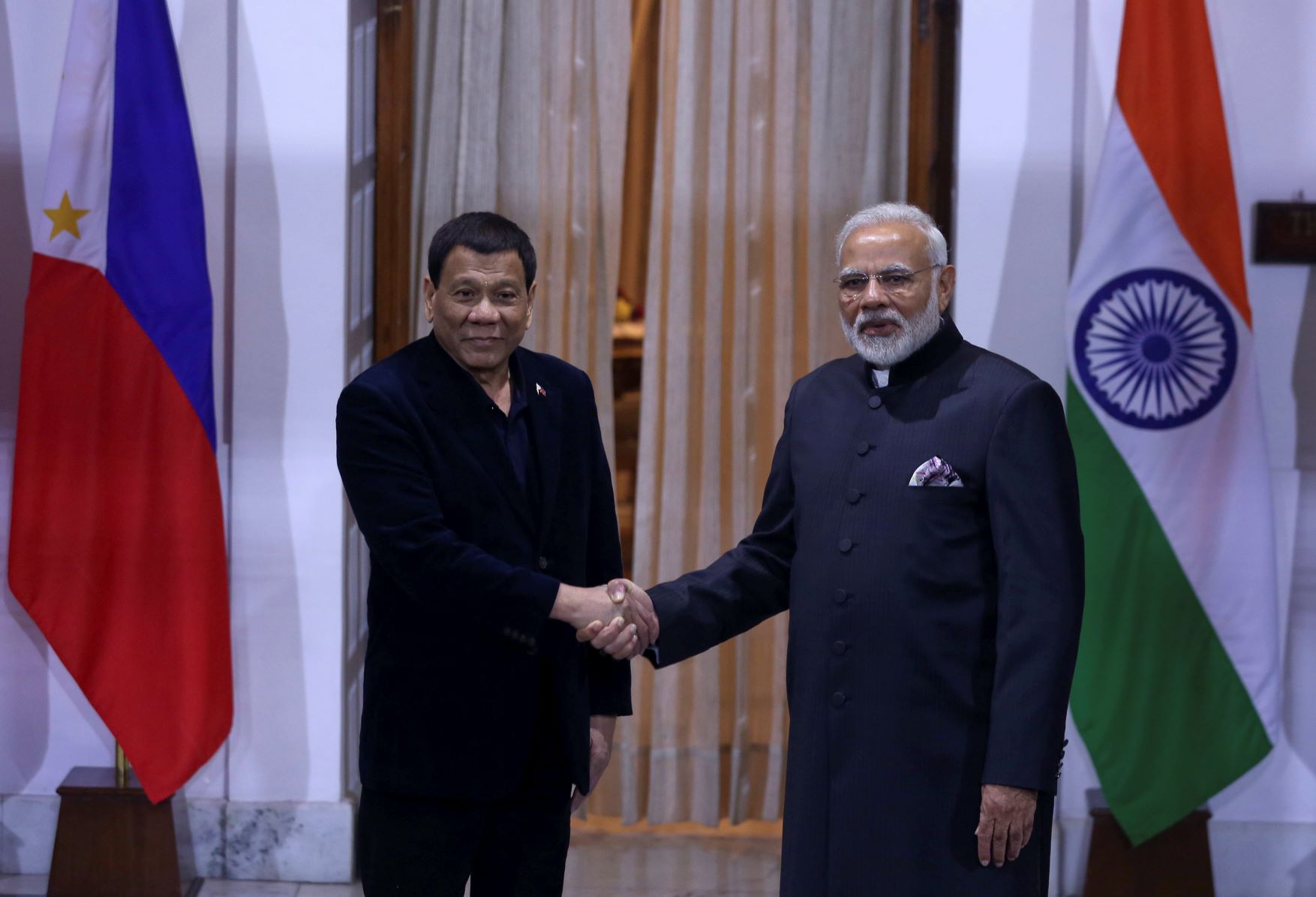Hurricane Maria
Puerto Rico’s double power failure
The Washington Post reported on Thursday (the paragraph is no longer included in the up-dated version, so I’m not including the link): “The rebuilding process will be massive after the island’s power grid and other services were effectively wiped away. Maria on Wednesday knocked out 100 percent of the island’s electrical grid, toppled cellphone towers and left many towns cut off by landslides or floods of muddy torrents.”
It is a safe bet that the full extent of the damages will not be known for quite some time. A curfew has been declared until Saturday.
After destruction of this scale, reconstruction is always a huge challenge. Puerto Rico, however, faces particular challenges. Restoring electricity services may take months. The island government is broke, and so is its power utility. The authorities can no longer take loans or issue bonds. The people thus depend entirely on outside help.
It matters that Puerto Rico lacks power in another sense, moreover. The island belongs to the USA, but is not a state, so its 3.5 million people are not represented in the US Congress and cannot vote in presidential elections. They are, to put it bluntly, only-second class citizens. In effect, Puerto Rico is an anachronism, a colony in a decolonised world. It cannot decide on its own how to rise to challenges like hurricanes or budget crises. The island does have a system of self-government, but it is subordinate to federal laws and policies.
President Donald Trump and his administration have pledged support. Quite obviously, however, Puerto Rico is not getting the attention Houston or Florida got when Hurricanes Harvey and Irma made landfall – neither in the USA nor globally. I don’t think the reason is only that Mexico has suffered a devastating earthquake. History tells us that colonies are often neglected, just as countries with little international influence are (see my previous blog concerning Hurricanes Harvey and Irma).
Neglect of Puerto Rico is evident, among other things, in how successive US administrations have been handling climate change, an issue of particular relevance for Caribbean islands. The Bush administration backed away from the Kyoto Protocol, the Obama administration only began to focus on climate matter in its last two years, and the current Trump administration has pulled out of the Paris agreement and denies climate change is human made.
Most likely, the majority of Puerto Ricans had a better understanding of science than Trump even before Maria struck. If they enjoyed full citizenship, US politics might actually be quite different. About 95 % speak Spanish as their mother tongue, and more than half are Catholic. The island is Latin American. The kind of ignorant identity politics that leads Protestant, English speaking Americans to deny climate change probably does not resonate among Puerto Ricans as it does in southern states. Puerto Ricans who live in the mainland USA tend to support the Democrats, not the Republicans.
The island’s population is certainly not to small too deserve a full-blown state. Of 50 US states, 21 have fewer people than Puerto Rico. If Puerto Rico were a state with two senators, the Republicans might well not enjoy their current majority (of two) in the Senate.
Debate on whether Puerto Rico should become a state has been going on for a long time. The issue is controversial on the island itself, and such infighting has certainly not helped. To any foreign observer, however, it is quite obvious that the main reason Puerto Rico still has the status of a colony is that people in mainland USA do not want to add a 51st state with a Spanish-speaking majority.
It’ll be interesting to observe how the US administration rises to the challenge of rebuilding the island, but my hunch is that US media will not be paying much attention. And Houston will probably get more support per head.












